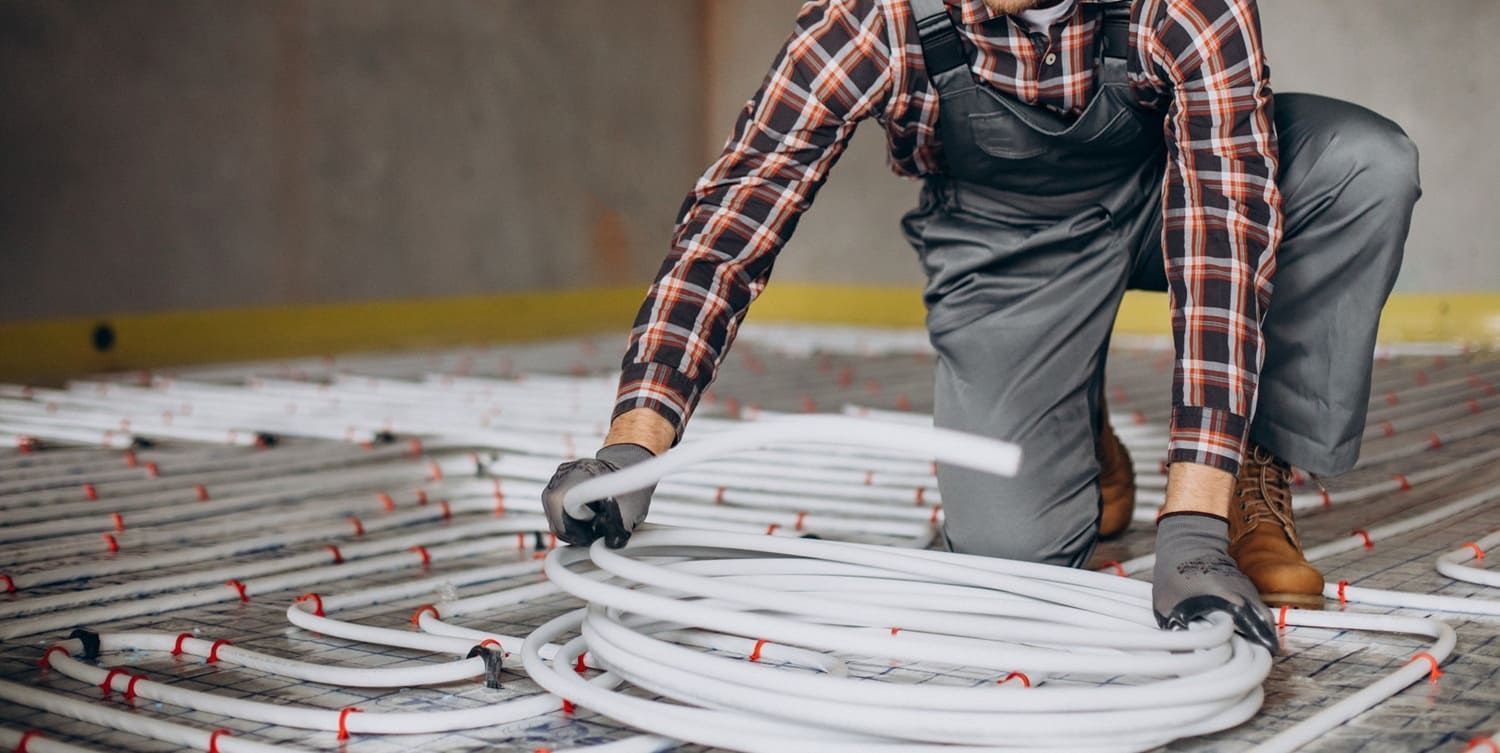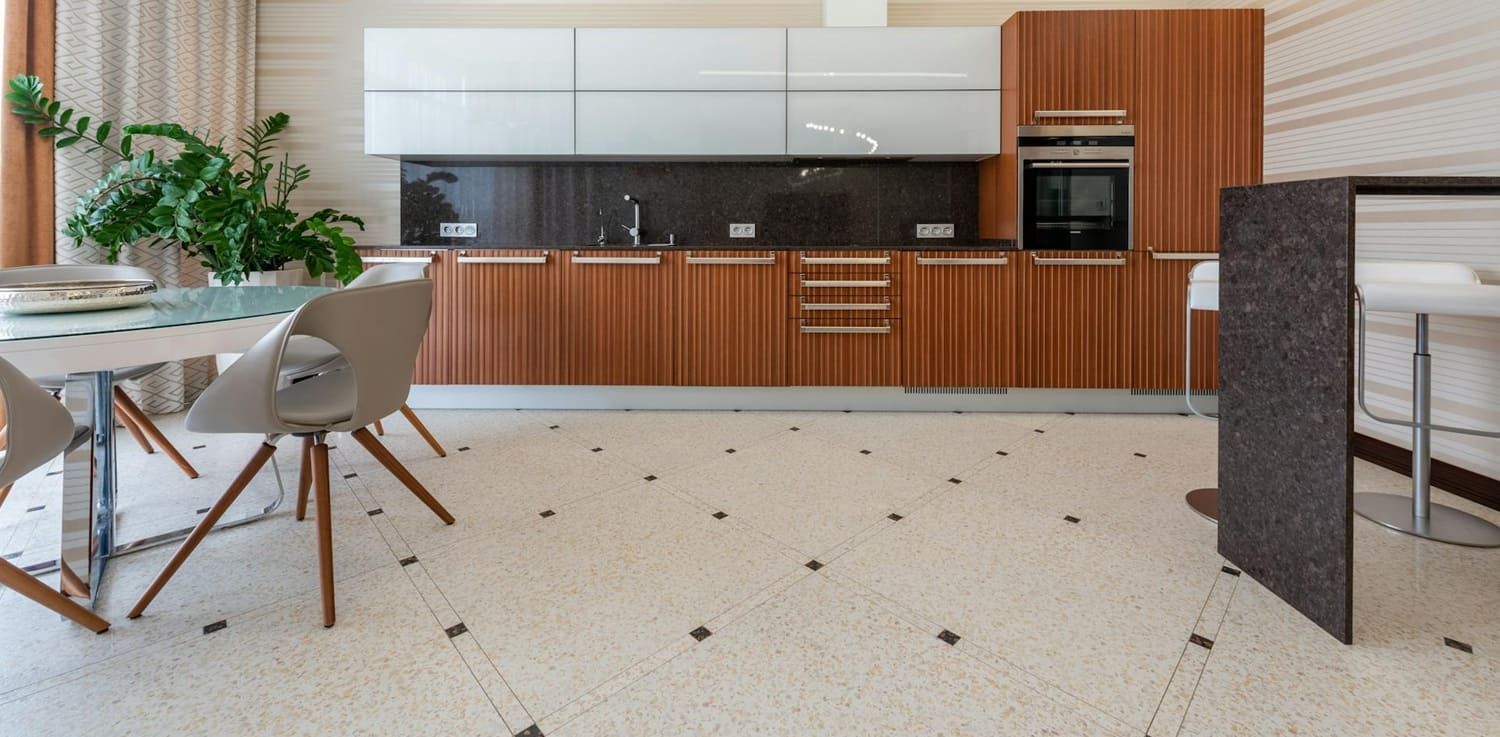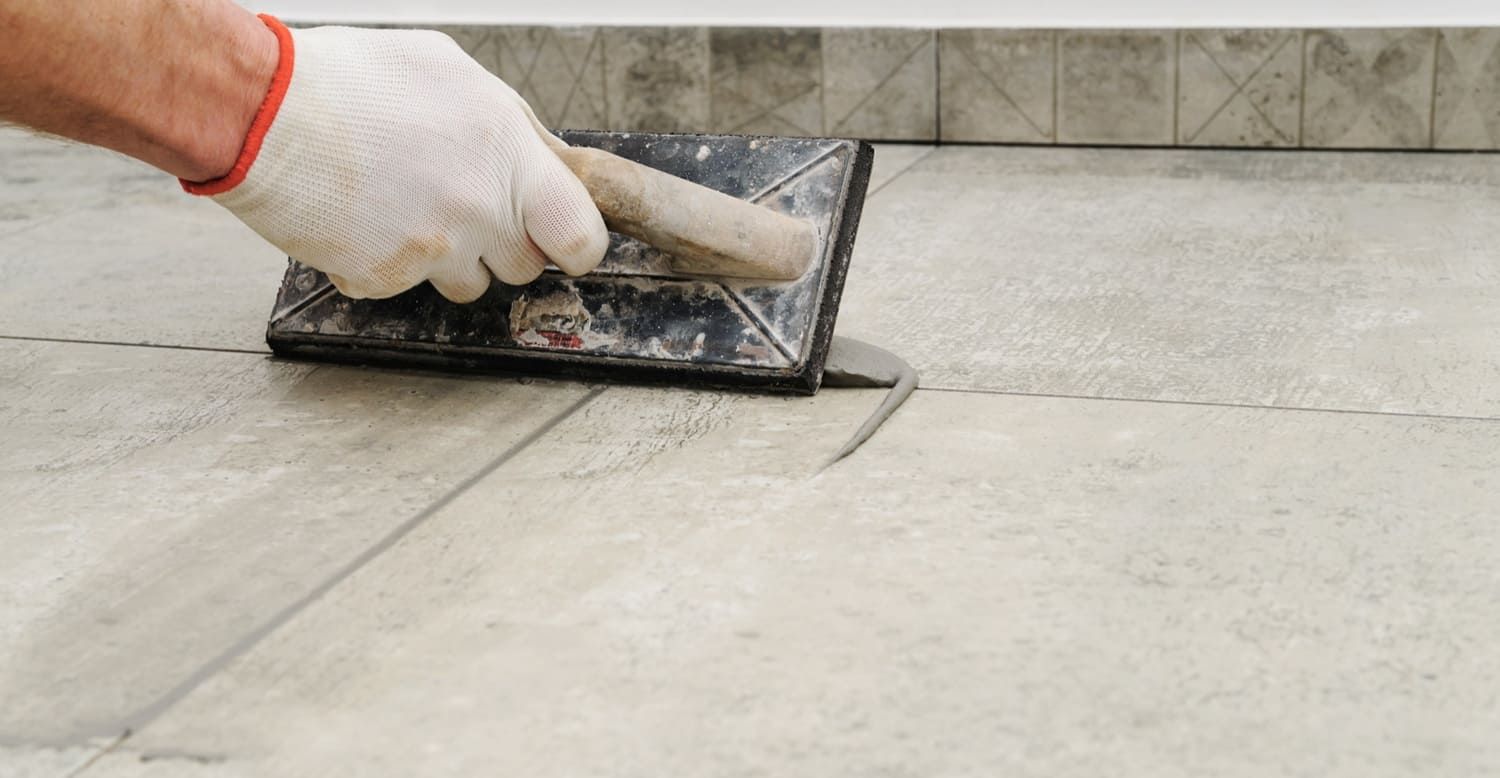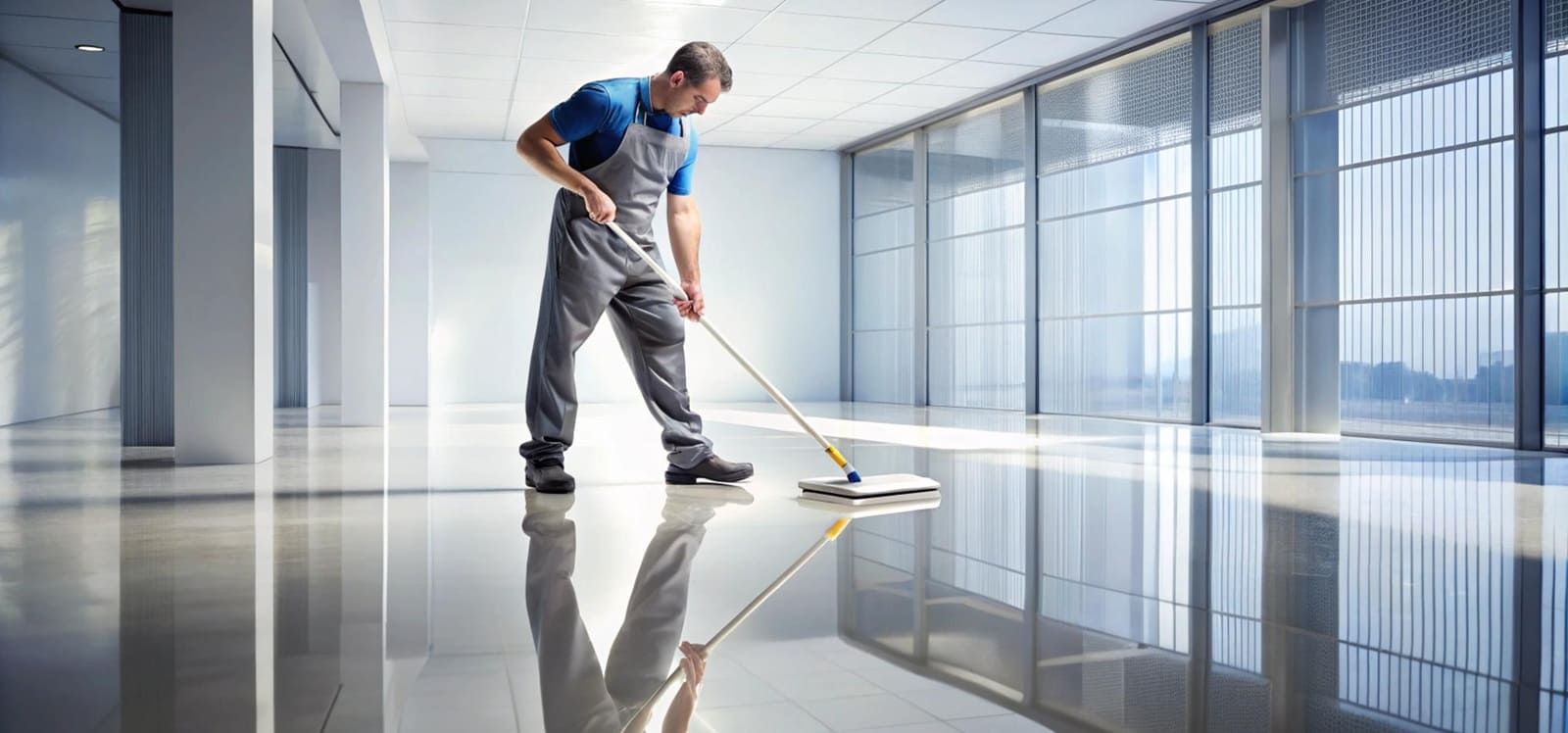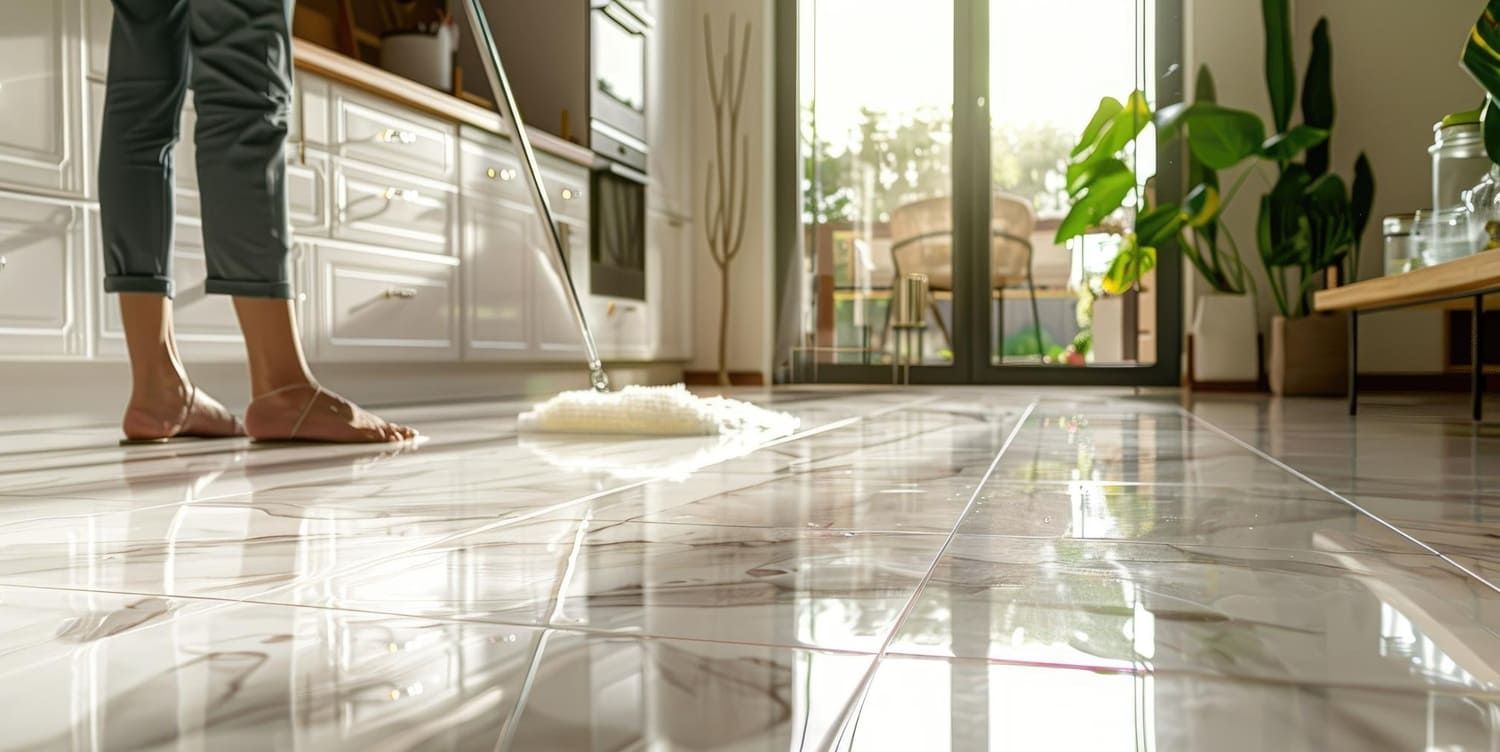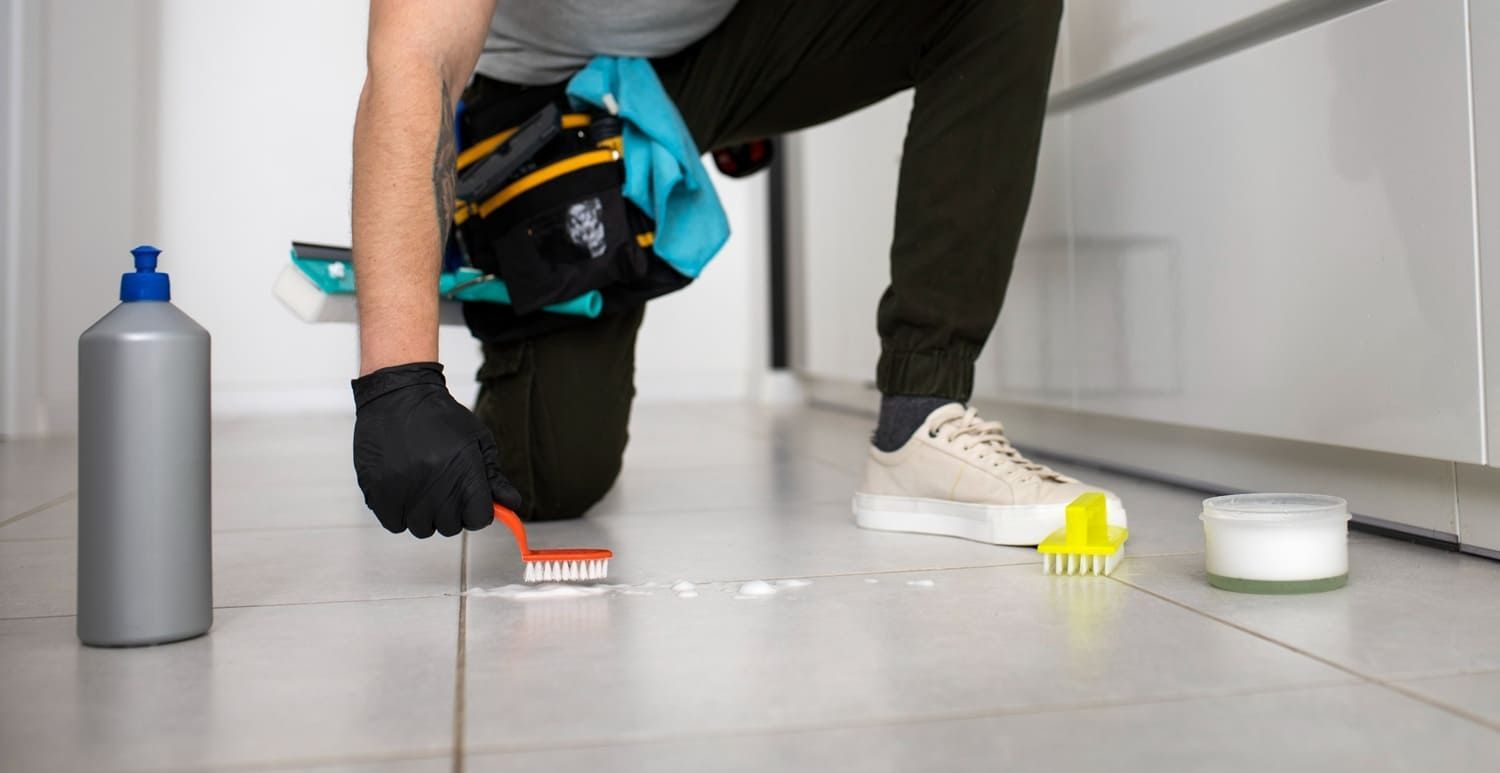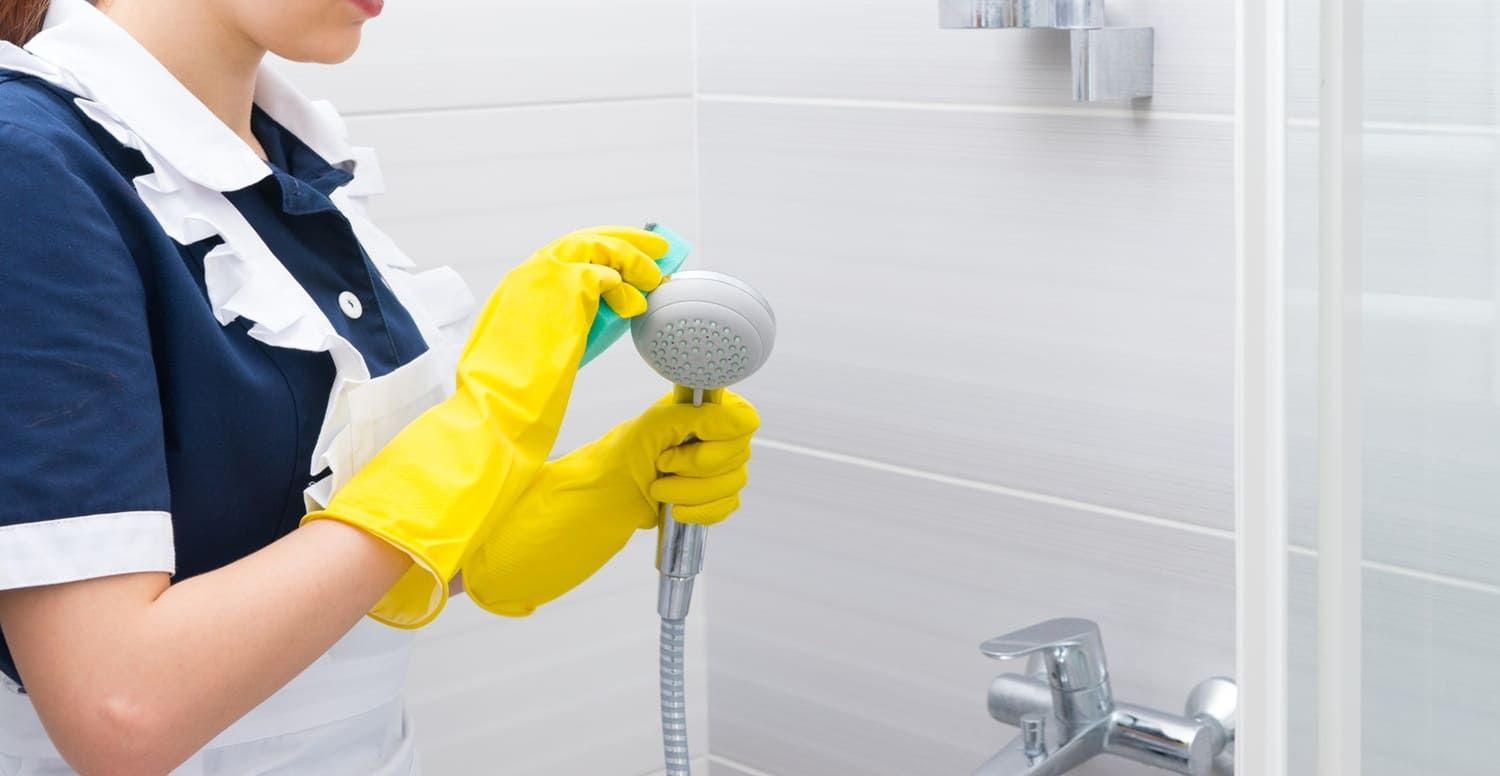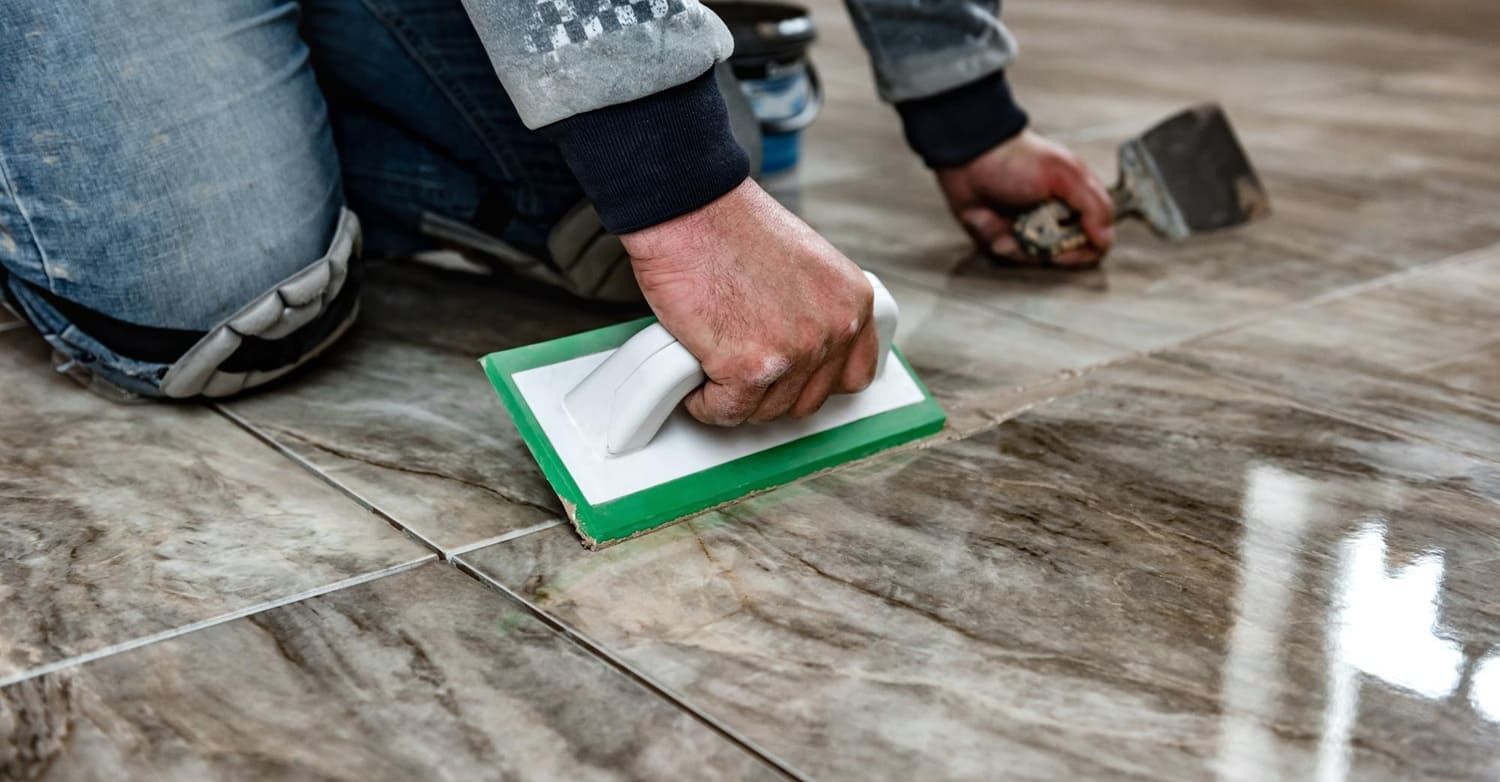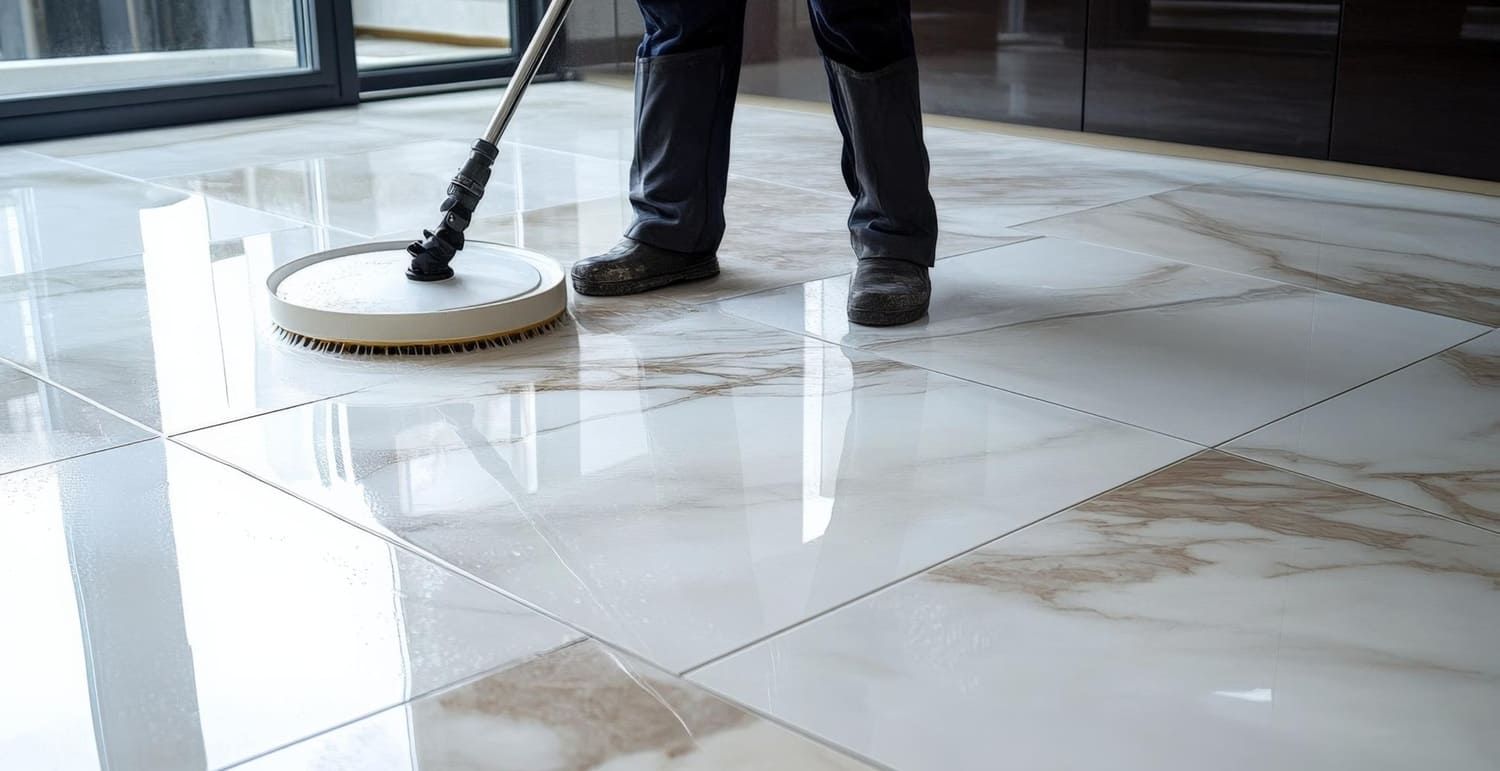The Complete Guide to Floor Tile Maintenance
Discover how to maintain your floor tiles properly, when it is time to re-grout your tiles, and what kind of sealer you should use.
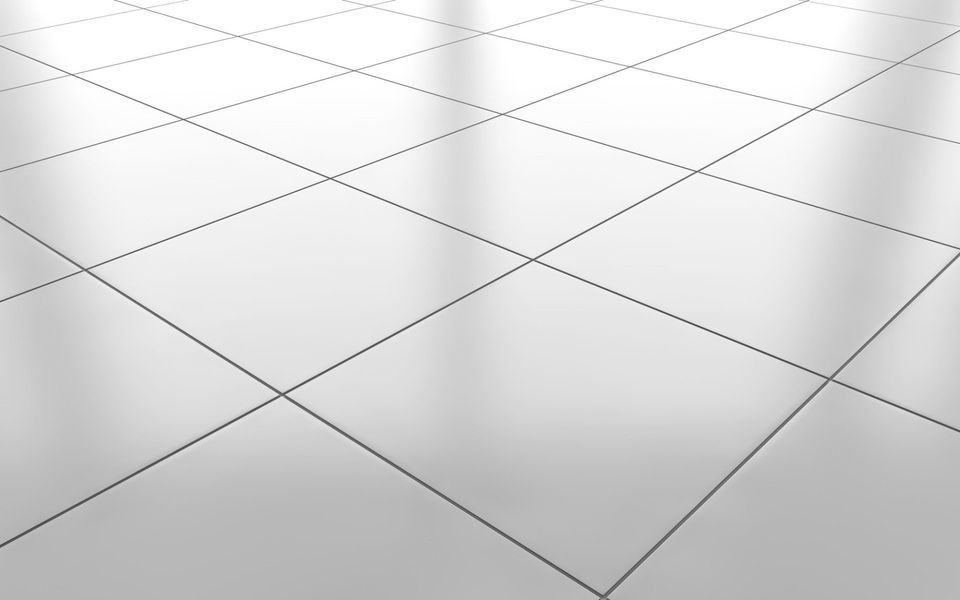
Your tile floors showcase the style and look of your home. They are also subjected to constant traffic, dirt, and spills that can diminish their luster and appeal. To extend the life of your floors, they will need a bit of maintenance.
Tile is a popular choice for floors because it offers such a wide variety of styles and colors. From patterned floor tiles to ceramic tile flooring to luxurious natural stone, the options are endless.
Tile is also popular because it is so easy to maintain. Here are a few tips on how to clean your floor tile and helpful information about re-grouting and sealing should the need arise.
Cleaning Your Floor Tile
Tile floors are meant to withstand everyday life, so you can definitely get them dirty. Taking care of your tile floors first and foremost means cleaning them regularly.
Weekly Tile Maintenance
One way to keep your tile floors looking their best is to have a regular cleaning schedule. Regular maintenance will keep dirt and grime from building up over time. Neglecting to clean your floors weekly can also lead to major damage to the grout and tile.
Tile floors, regardless of type, should be swept at least once a week to remove loose dirt and debris. Once every other week, use a mop with soap and water or a mild cleaner designed specifically for floors. Avoid using sponge mops since they tend to push dirty water directly into the grout.
Glazed tiles should be dried immediately after cleaning to prevent water spots. Unglazed tiles can absorb more and should be cleaned with a low pH cleaner formulated to remove grease and spills.
It's also important to wipe up spills as soon as you can to prevent them from staining the grout.
Natural Stone Tile
Keeping natural stone tile like slate or marble clean requires a bit more care. Avoid using any cleaners that contain acidic ingredients like lemon or vinegar. These cleaners and scratch the surface of your tile.
When cleaning natural stone tile, you'll also want to avoid stiff bristles and brushes. These can also cause etching on the surface of the tile.
Cleaning Grout
Grout is a mixture of cement, water, and sand that's used to fill the spaces between the tile. Dirty and stained grout can make your tile floors look older than they are. Since grout is porous, grease and food spills can soak in, leaving the grout looking discolored.
For occasional cleaning, you can spray the grout with a commercial cleaner or mild bleach solution. Let it sit for 10 minutes and then mop as usual. For tougher stains, you can scrub with a brush before mopping.
For grout that is really dingy, you can apply a mixture of baking soda and water directly to the joints. Let it sit overnight and then scrub the grout with a nylon brush the next day. Avoid using a metal brush as that can damage your tile.
In some cases, the grout is so stained that you will need to use a harsher cleaner or hire a professional to come and clean your grout for you.
When to Re-Grout
More often than not, the grout will wear out long before your tile. The good news is that you don't have to rip up your entire floor when the grout has run its course. When you notice signs of extreme wear you can replace all of the grout or even just the damaged portion.
Check your grout regularly for defects. Cracked, crumbling, or missing grout needs to be removed and replaced immediately. Breakages in the grout can allow water to seep behind the tile and damage the material beneath.
Another issue that will need to be addressed as quickly as possible is mold. If you see mold growing on the grout, it is a sign of a much bigger problem. Since grout is so porous, mold on the surface means it is likely down deep in the grout as well.
Mold is particularly an issue for bathroom floor tiles and shower floor tile. Excess mold in your home can cause a variety of health issues. If you find that the mold keeps returning after bleaching, it's time to replace the grout.
Grout that is dingy or discolored does not need to be replaced so long as there is no damage. You would only replace the grout in this situation if you want to change the look.
If you do find that you need to re-grout your tile, applying certain formulas prior to grouting can prevent them from staining in the first place.
Seal it Up
After you've replaced your grout, you'll want to make sure it stays looking new for as long as possible. This is where a quality sealer comes in handy. A sealer provides a waterproof layer over the grout that helps prevent the grout from absorbing liquids or grease.
If you don't seal your grout, it can crack and wear off quickly. Unsealed grout can also grow mold and mildew from absorbing dirty water. Leaving the grout as-is can lead to all the problems that made you replace the grout in the first place.
Look for a sealer made to work with your type of tile and won't change the color of your grout. Some sealers require meticulous application and then must be cleaned off the tile once it has set. Others can be sprayed on without additional cleanup.
You will need to re-seal your grout again once a year if it's in a high-traffic area like the kitchen floor tiles or bathrooms that see a lot of use. Other areas that don't see as much traffic can be resealed once every few years.
Taking Care of Your Investment
Keeping your floor tile looking like new isn't difficult. Regular cleaning and proper maintenance will keep your tile beautiful and germ-free.
It's important to use quality products that are designed specifically for cleaning floors.
Advanced Sealers and Cleaners offers a wide variety of products for all types of tile floors with cutting-edge innovation. Take a look at our product line for all your tile floor care needs!



